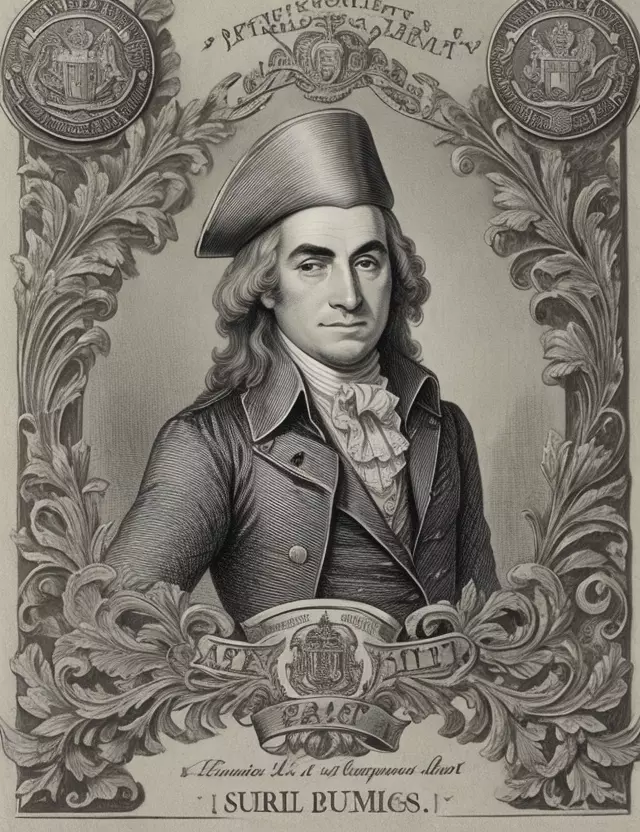The Stamp Act of 1765: A Turning Point in Colonial History
The British Parliament Imposes Taxes on American Colonies

The Stamp Act of 1765
On March 22, 1765, the British Parliament passed the Stamp Act, marking a significant turning point in colonial history. This act imposed direct taxes on the American colonies, requiring them to pay a tax on every piece of printed paper they used. The purpose of the tax was to help pay for British military troops stationed in North America following the French and Indian War. However, the colonies viewed this tax as unfair and oppressive, as they had no representation in Parliament to voice their concerns.
Colonial Protests
The imposition of the Stamp Act ignited widespread protests and resistance throughout the American colonies. Colonists organized boycotts of British goods, formed secret societies such as the Sons of Liberty to oppose the tax, and engaged in acts of civil disobedience. The cry of “No taxation without representation” echoed throughout the colonies, highlighting the colonists' belief that they should not be taxed by a government in which they had no voice.
Repeal and Legacy
Amid growing unrest and economic turmoil in the colonies, the Stamp Act was repealed in 1766. However, its legacy continued to reverberate throughout colonial America. The events surrounding the Stamp Act fueled the flames of revolution, laying the groundwork for the American Revolutionary War a decade later. The resistance to unjust taxation and the demand for representation became central themes in the struggle for American independence.



